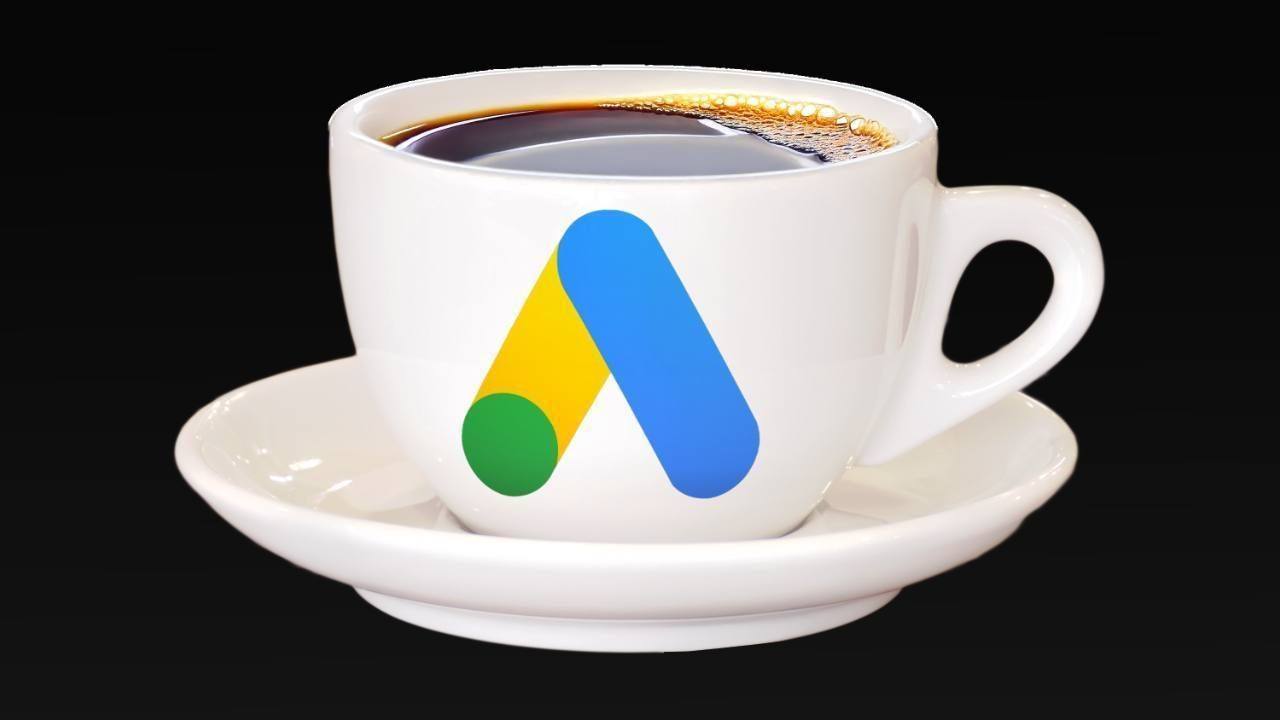Is Keyword Research Still Needed for Google Ads in 2025?

With Google’s push toward AI-driven targeting, the rise of Performance Max, Demand Gen, and the recent launch of AI Max, many advertisers are asking a valid question:
Is keyword research still necessary for Google Ads?
In short: yes, but it’s evolved.
The Big Shift in Search Behavior
Google’s changes are no accident. With more users relying on voice search, AI-powered summaries, and predictive suggestions, the way people interact with search has shifted. But that doesn’t mean keywords are dead.
-
65% of purchase journeys still start on Google or YouTube
-
Gen Z (ages 18–24) is the most active search demographic today
So while campaign types have changed, the need to understand what your audience is actually searching for hasn’t.
Why Keyword Research Still Matters
Skipping keyword research in 2025 means:
-
Missing out on intent signals
-
Misaligning your offer with customer needs
-
Giving Google vague, low-quality data
Google's algorithm may prioritize meaning over exact phrases now, but it still needs guidance. Keyword themes help train the machine — and ensure you're not wasting ad spend on irrelevant queries.
The Truth About Keywordless Campaigns
Google’s keywordless options — Performance Max, Demand Gen, and AI Max — promise ease and automation. But here’s what you need to know:
These campaign types only perform well if you’ve already collected strong conversion data.
That’s why a bottom-up strategy is key:
-
Start with Search and Shopping to build intent-based data
-
Feed that data into automated campaigns like Performance Max
-
Expand into Demand Gen only once you’ve proven success at the bottom of the funnel
How to Do Keyword Research in 2025
Forget SKAGs (Single Keyword Ad Groups). In 2025, keyword research is all about themes, testing, and refining.
Here’s a simple, effective approach:
-
Choose 1–2 long-tail broad match keywords per ad group
-
Organize your campaigns into STAGs (Single Theme Ad Groups)
-
Monitor search term reports to identify high-performing phrases
-
Use proven search terms to build an exact match keyword list over time
💡 Bonus Tip: Including exact match keywords forces Google to report on them — giving you data that would otherwise be hidden under "Other keywords."
When Exact Match Still Wins
In highly specific industries (like B2B or regulated sectors), SKAGs or exact-match-only ad groups still make sense. They provide:
-
Higher precision
-
Lower wasted spend
-
Clearer reporting
But for most businesses — from eCommerce to local services — starting with longer-tail broad match and refining through real data offers the best results.
Final Thoughts: Keyword Research Isn’t Dead — It’s Smarter
To succeed with Google Ads in 2025:
-
Start with theme-based targeting
-
Use broad match for discovery
-
Build exact match lists over time
-
Skip SKAGs unless you're in a narrow niche
And if you're using Performance Max or Demand Gen, make sure they’re powered by a foundation of clean, well-structured data from Search or Shopping.
Next week, I’ll be releasing a comprehensive YouTube video covering advanced keyword research strategies for 2025 — designed to help you stay ahead in an increasingly competitive search landscape.
In the meantime, you can watch my latest training on optimizing smart bidding strategies in Google Ads, with actionable insights to improve campaign performance and drive better results.
Have a great week,
Aaron

- Monday 16th June, 8pm AEST: Bidding Strategies For Google Ads
- Wednesday 11th June, 8pm AEST: Google Ads For Lead Generation | Bob Meijer
Head Over To My YouTube Channel 👇
|

[LIVE MASTERCLASS + Q&A]
Analyzing Campaign Performance | Ben Drew 💻
Wednesday, 18th, June, 2025, 3:30 PM (AEST)
Wednesday, 18th, June, 2025 6:30 AM (GMT)
Tuesday, 17th June, 2025, 10:30 PM (PT)



